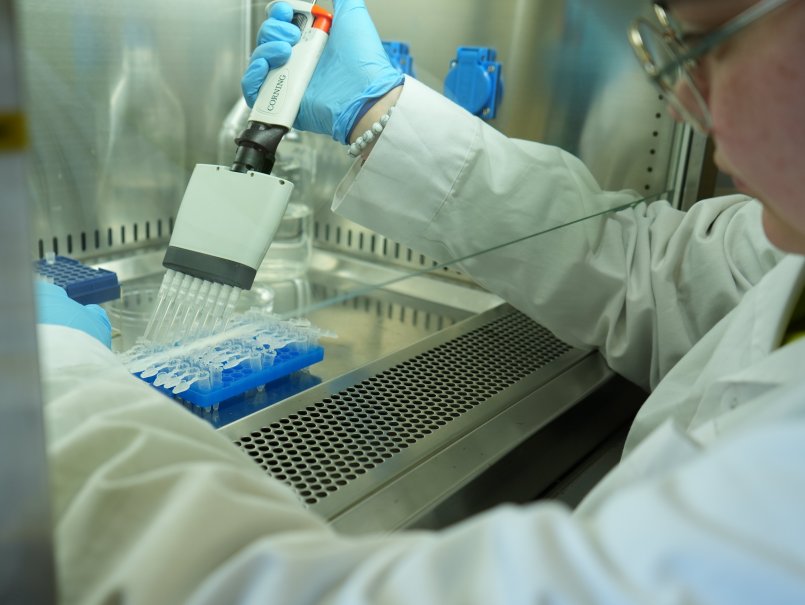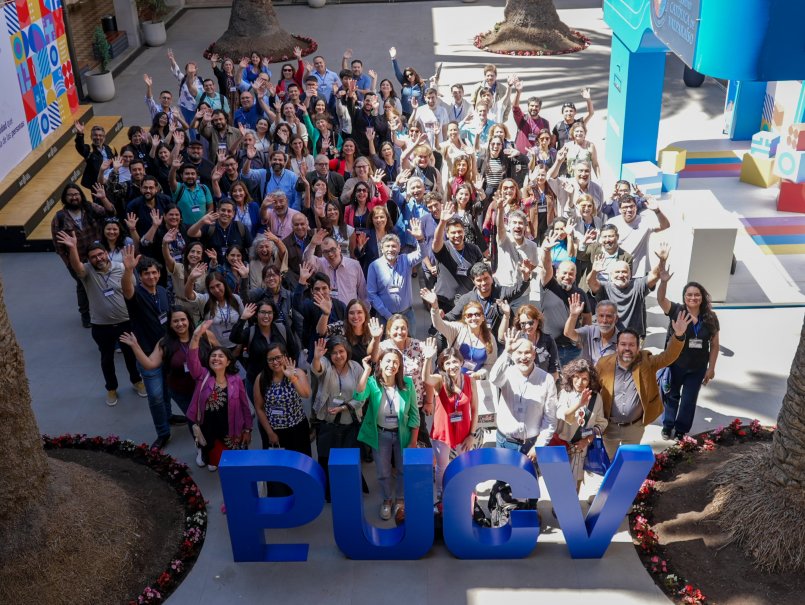
The university took a new step towards its consolidation as an example in health matters, after receiving the support of the Science, Technology and Innovation Committee of the Valparaíso Regional Council (CORE, for its name in spanish) for their application in the context of the second stage of the FIU Frontera project called “An integral approach to health and wellbeing for the Valparaíso Region”.
For the president of the Science, Technology and Innovation Committee, Maricel Martínez, it was essential to know the impact of the project and the questions that advisers had to make the decision to support this initiative with the purpose of “undertaking the commitment of providing ongoing support to everything related to research and improving the quality of life of the people of the Valparaíso region on medical issues. The idea is to see how we can collaborate from the Regional Government to fund all the studies and what is important to create this collaborative work”.
The PUCV FIU Frontera project is a health initiative centered on people, that consolidates the capabilities of the university through the creation of health and wellbeing regulations with the implementation of a new Biotechnology, Biomedicine and Wellbeing (CID3B) center, specialized on advanced diagnosis.
This center will allow to provide solutions and capabilities to Strategic actors in the health area in the region, for prevention, timely diagnosis and treatment for non-transmissible chronic diseases such as cancer, hypertension, auto-immune diseases, that worsen in the context of an aging population and – as a signature of the PUCV – orphan diseases.
In this context, the university requested the support of the Science, Technology and Innovation Committee, such as support to apply to the call that ANID will make for 2025 for the co-funding of the second stage of the project. This request was welcomed by the Committee and will be presented before the Regional Council for its discussion.
Impact on Health and Wellbeing
During the session that took place in San Felipe, the scholar from the Biochemistry Engineering School and executive director of the FIU Frontera project, Claudia Altamirano, presented the scope of this project and the impact that it will have in people’s health and wellbeing.
The scholar highlighted the permanent commitment from the university with the region, and especially with the health of the population, and mentioned that the investigation carried out by the PUCV is long standing, with more than 40 years of studying illnesses such as cancer, ulcerative colitis and auto-immune diseases, among others.
“Our proposal seeks to generate a platform focused on timely and efficient diagnosis for complex diseases, that can make a difference between the success or the failure of a given treatment. And will do this through three lines of research: Computer biomedicine, medical Biotechnology and integral wellbeing”, Altamirano explained.
For his part, Rodrigo González, regional ministry secretary of Science and Technology of the center macrozone, highlighted that “what the Pontificia Universidad Católica de Valparaíso is doing today is correct. Connecting and contributing to the regional strategy of development in relation to what we have defined as this FIU project. If projects do not contribute to the regional development strategies or if they neglect regional issues, they do not take hold”.
The regional ministry secretary added that “it is important for the project to take hold since regions have distinctive features, and that is why it was the right call to bring the proposal of the PUCV FIU Frontera, which was perfectly granted, by the way, to the counselors of the Science, Technology and Innovation Committee”.
By Erika Schubert
Strategic Communications Department



